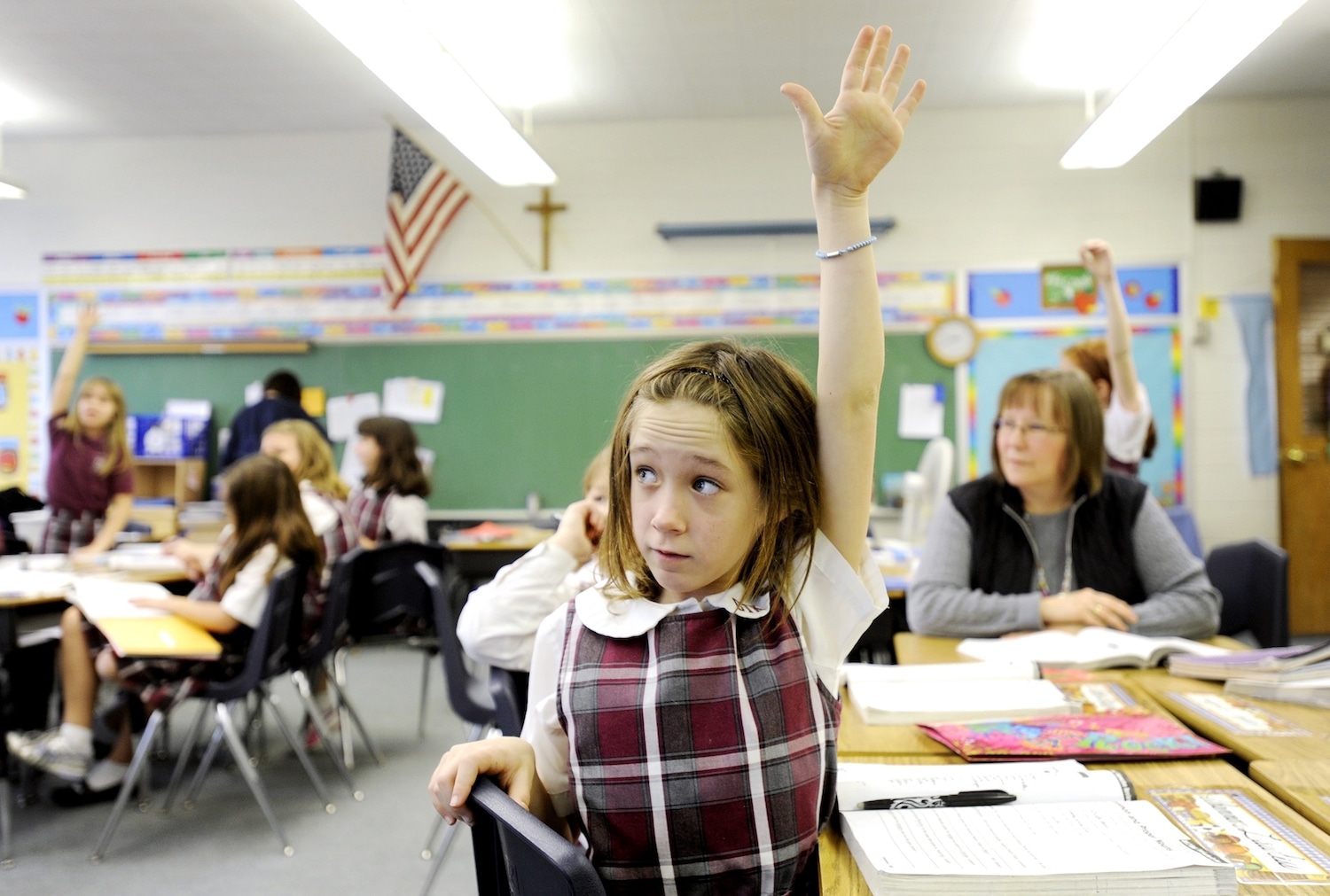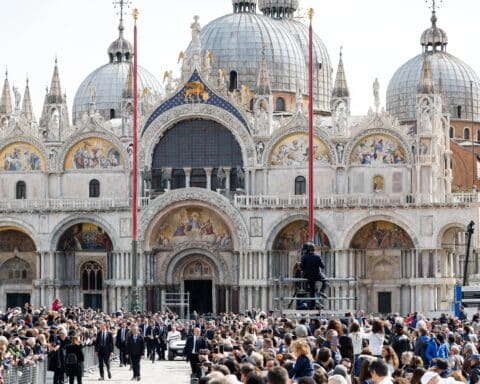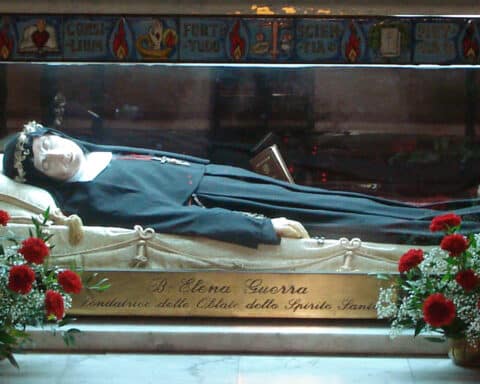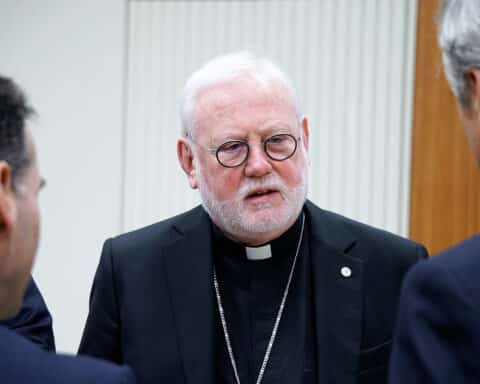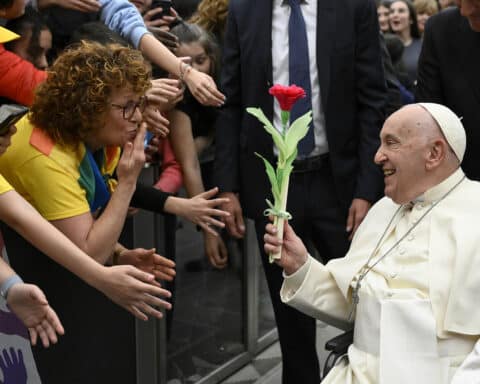VATICAN CITY (CNS) — As Catholic schools worldwide face several challenges — including declining enrollments, funding or maintaining a distinctive religious character — the Vatican has urged religious orders, dioceses and laypeople to come together to “take risks” and be creative in finding solutions.
“It is urgent for the various institutes of consecrated life and societies of apostolic life to sing together as a choir, and for bishops, parish priests and diocesan pastoral offices to sing in tune with the rich educational charisms present in schools run by institutes of consecrated life and societies of apostolic life,” a joint document said.
“It is essential that clergy, religious men and women, and lay people all sing as one choir, and that lay people be given the chance to echo the educating voice of a diocese and even the unique timbre of a religious charism,” said the letter from the Dicastery for Culture and Education and the Dicastery for Institutes of Consecrated Life and Societies of Apostolic Life.
Published June 28 and addressed to “all involved in the mission of education in Catholic schools,” the letter explained a few outcomes from a meeting the dicasteries held May 22 with “a number of leading figures in the worldwide network of Catholic schools, in order to discuss in person the prospects and difficulties involved in the mission of education in our time.”
Some of the serious difficulties the meeting addressed, it said, included: the effects of the recent pandemic; the global economic crisis; decreasing birth rates; severe poverty and “unjust disparities in access to food, water, health care, education, information, culture and the Internet.”
Some countries do “not acknowledge parity in the financing of non-state schools,” it added, and some dioceses and religious orders “have experienced a significant drop in vocations.”
In some cases, it said, schools have closed or been put up for sale, resulting in a loss of a unique charism and “personality” in educational offerings.
Lastly, it said, participants at the meeting said that “new and unprecedented circumstances, opportunities and questions are at times making it more difficult to express our Catholic Christian identity in a way that is open to dialogue yet firmly committed, solidly grounded and on good terms with all.”
“Sadly, Catholic schools sometimes operate in the same geographic area not as soloists who let their unique vocal timbre enrich the larger chorus, but rather as divided, isolated and in some cases even dissonant voices that clash with others,” the joint letter said.
“We wish to emphasize certain things that ‘need to be done.’ All of us, in fact, need to be increasingly determined to ‘sing together as a choir,'” it said. “For we are convinced of the possibilities and beauty of the mission to educate, as an ‘inalienable right’ that fosters the dignity of the human person.”
The Vatican dicasteries encouraged “initiatives and even experiments that are imaginative and creative, open to sharing with one another and to concern for the future, exact in their analysis yet like a breath of fresh air in their outlook.”
“May the fear of risks not dampen the spirit of boldness,” the letter said. “A crisis is no time for hiding one’s head in the sand, but for gazing up at the stars, like Abraham.”
The dicasteries thanked everyone who devotes “their lives and energies to the important mission of education” and thanked families who choose to “raise their sons and daughters in an educational partnership with Catholic schools.”
“We likewise thank those bishops, dioceses and institutes of consecrated life and societies of apostolic life who invest significant human effort and financial resources in maintaining older schools and building new ones,” they added.
The dicasteries promised to “make use of both old and new ways to listen to your voices on our common journey, to address realities in a timely way and to help the body of the church to develop forward-looking solutions, even in the most difficult circumstances.”

